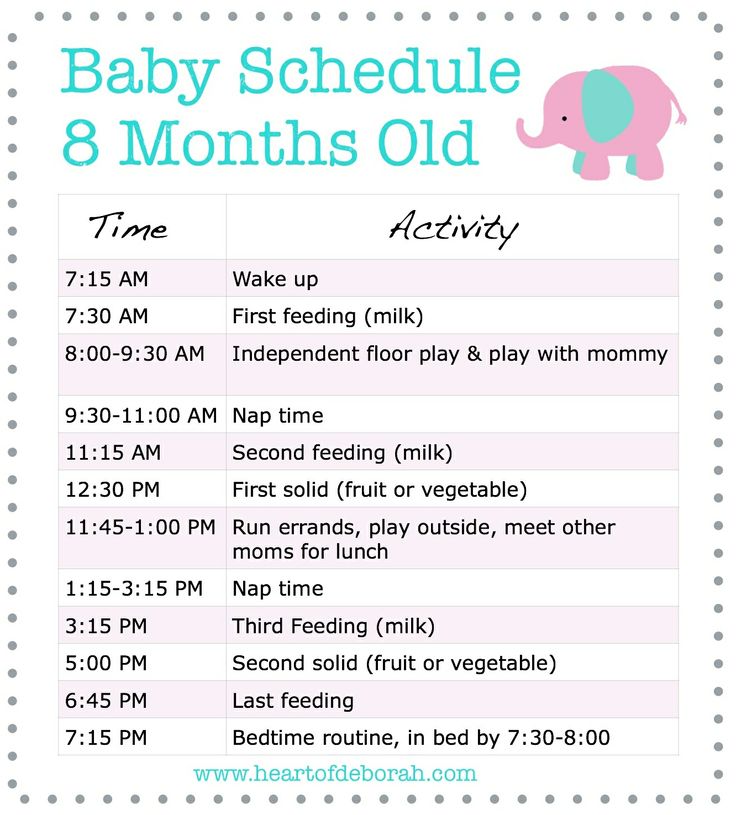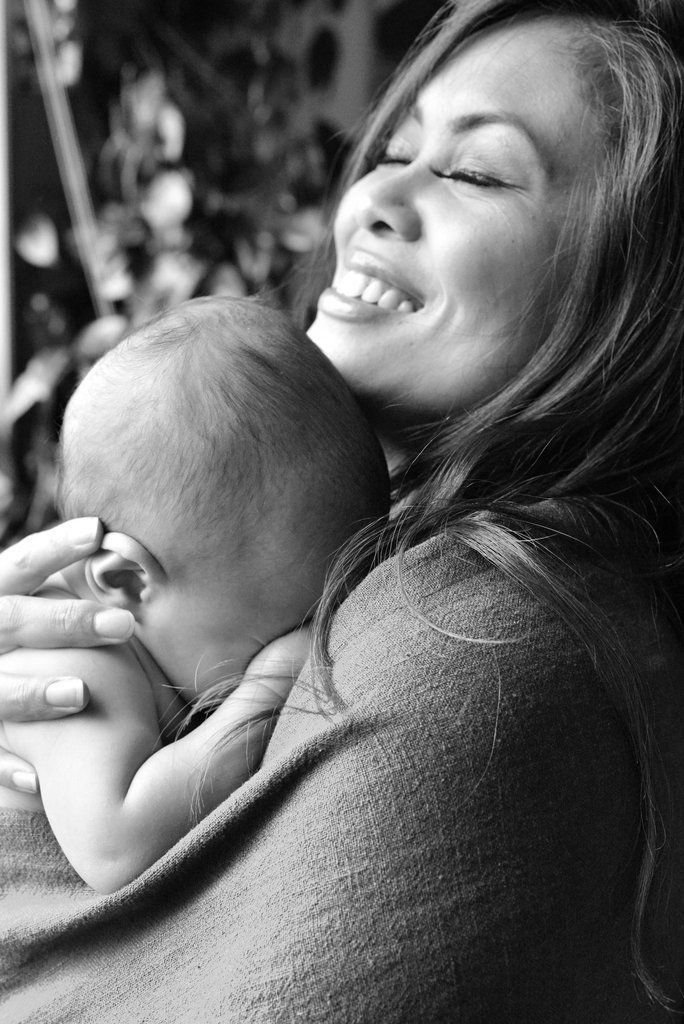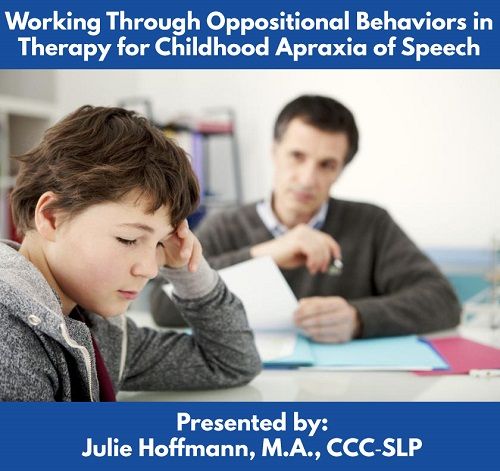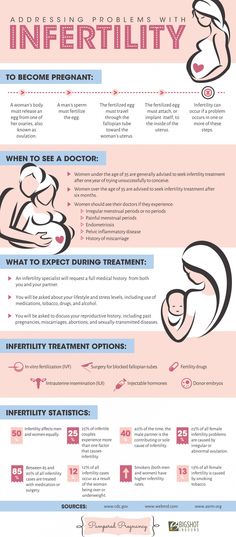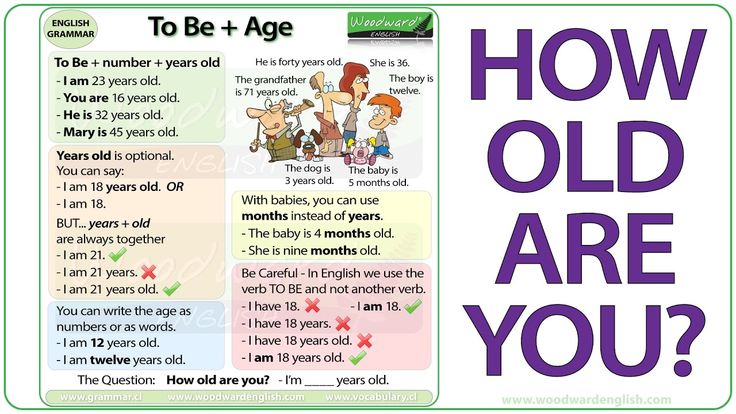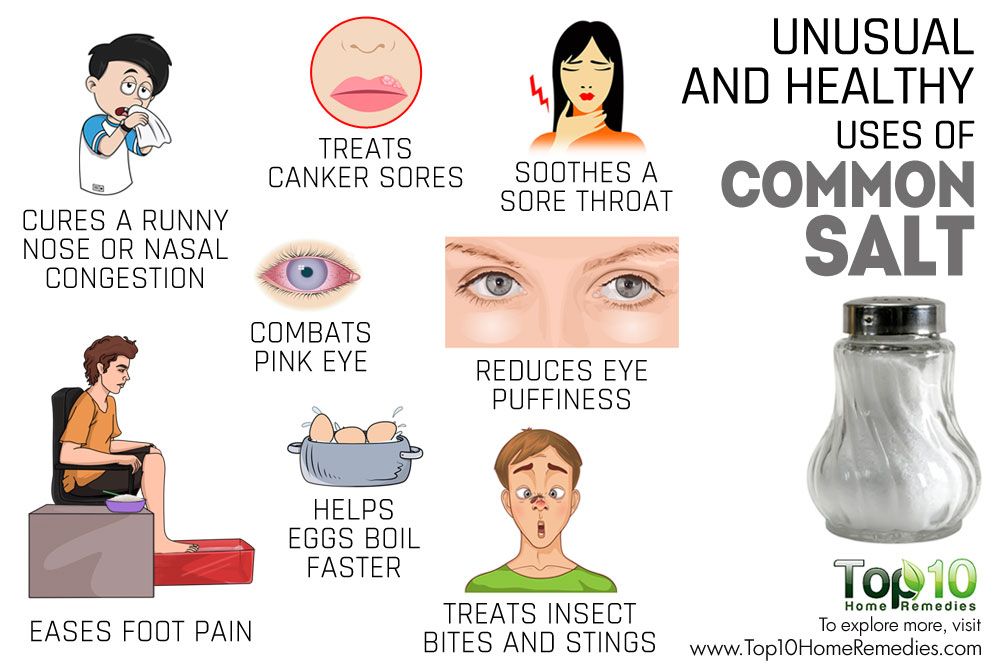One month sleep schedule
1 Month Old Sleep Schedule
Those first few weeks of caring for your newborn (and yourself) are full of lots of love and learning. So much of your one month old’s day is full of feeding, diapers, and sleep. I’d love to share some common questions that I get at this age and a one month old sleep schedule.
Parents, when you read this, I want you to really hear my heart. I know that those first weeks can be exhausting. When I talk about a one month old sleep schedule, I want you to know that my motto is “flexible routine, not rigid schedule.” We want to meet your baby right where she is developmentally. So, what does that look like? Let me show you the basics. If you want to see everything step-by-step and with all my best tips, check out my First Five Months Bundle.
What are wake windows for a 1 month old?#
A wake window is the amount of time your baby is awake between one nap and the next. At one month, we begin to see wake windows that are around 50-90 minutes. At 4 weeks, wake windows are going to be closer to 50-70 minutes and by 8 weeks they might be closer to 60-90. Usually, we see that babies have shorter wake windows in the morning and longer wake windows before bedtime.
At one month old, wake windows are a great guideline, but I want you to watch for sleepy cues. Sleepy cues are the signs your baby uses to communicate that he’s tired, ready for a nap, or overtired.
What is a sample schedule for a 1 month old?#
Your one month old’s day might look something like this:
Now, this is just an example. This is not a schedule to follow to the minute. Your baby is a human, not a robot, and needs us to be flexible. To see how a day could play out with different nap lengths, wake windows, and feeding intervals check out my blog on Short Naps and Newborns.
What are developmental milestones for a 1 month old?#
When we talk about milestones, remember that some babies reach them sooner and other babies take a bit longer.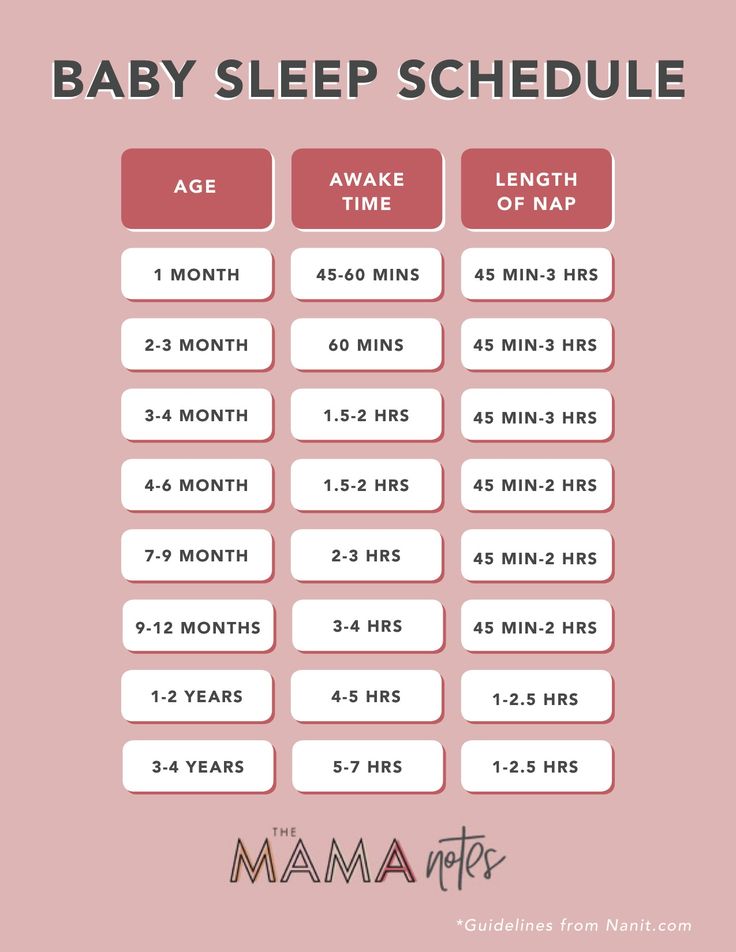 Milestones happen in a range, and we aren’t going to compare your sweet baby to the baby next door. If you have any questions about your one month old’s development, please reach out to your pediatrician.
Milestones happen in a range, and we aren’t going to compare your sweet baby to the baby next door. If you have any questions about your one month old’s development, please reach out to your pediatrician.
Here are a few things that you might start seeing your newborn do this month:
Bring his hands to his face
Begin to track with her eyes moving objects that are 8-12 inches away
Turn towards familiar voices
Briefly hold his head up from a flat surface or from being held
React to loud noises
Briefly grasp and hold objects with her hand
How do I play with a 1 month old? #
I know that it can be tricky to add active awake time for your one month old. It can feel like feeding takes up most of that time. I don’t want you to stress. Do you know the best toy for that baby? You! Babies love that face-to-face interaction and can learn so much from you talking, holding, and staring into their sweet little face.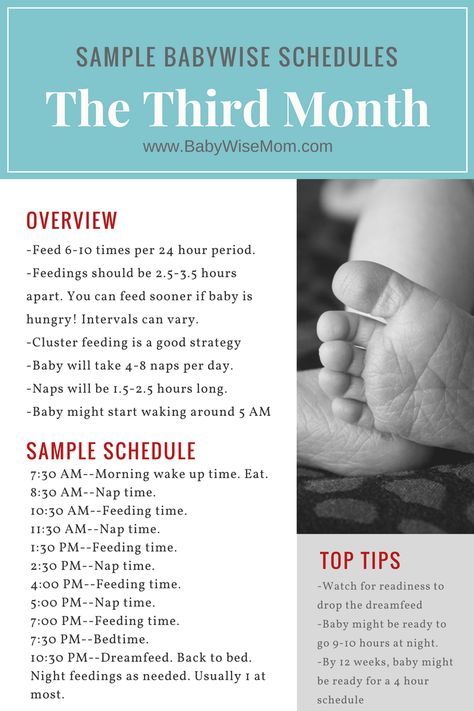 I’ve got even more tips for you in my blog on baby play for newborns.
I’ve got even more tips for you in my blog on baby play for newborns.
How do I get my 1 month old to sleep?#
We often think that babies will just sleep when they are tired and that sleep comes naturally to newborns. The truth is that sometimes we have to help newborns be successful little sleepers. My First Five Months Bundle will help you set your days and nights up for success, learn your baby's cues, calm a fussy baby, and so much more. I want you to set a healthy sleep foundation for your baby and love the newborn stage.
What is a good nap for a 1 month old? Can a 1 month old nap too long?#
At one month old, it is common for naps to be anywhere from 20 minutes to 120 minutes. I talk all about newborns and naps in my blog Short Naps and Newborns.
I know that you’ve probably heard the phrase “never wake a sleeping baby.” But, if your newborn is napping for two hours, we do want to wake them and offer a feeding. Prioritizing daytime calories helps babies to get on track with their days and nights, stay on their growth curve, and start working toward a longer stretch of sleep at night.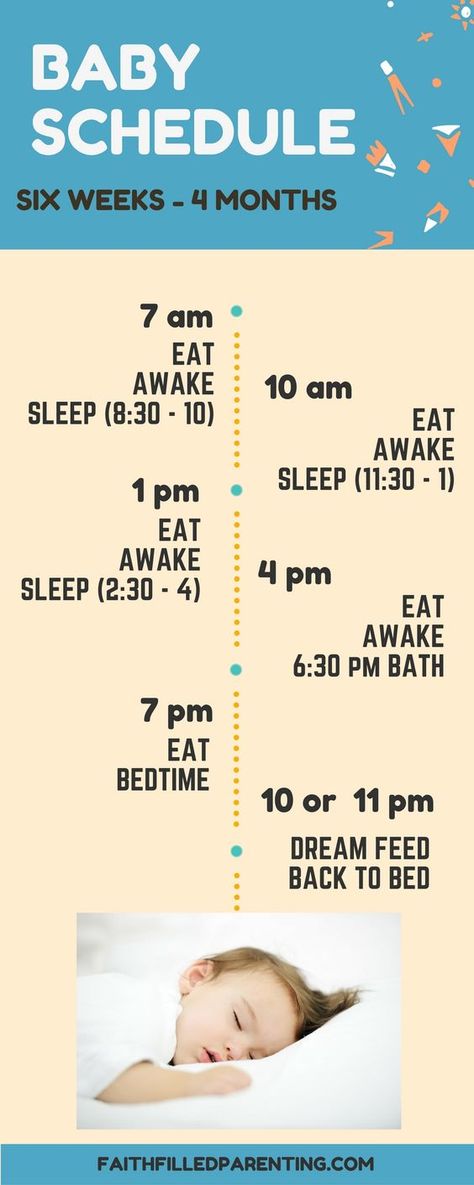
How much total sleep should a 1 month old have?#
Rather than worrying about the perfect number of hours, we are going to follow your baby’s lead. Here are a few things to aim for:
We aren’t going to let any one nap go longer than two hours
You’ll want to aim for wake windows around 50-90 minutes.
I don’t recommend letting your baby’s night last any longer than 12-12.5 hours.
When is bedtime for a 1 month old?#
I love a bedtime between 7 and 8pm, but some one month olds just do better with a nap around that time and a later bedtime (8-10pm). It's all about finding what works best for your baby. My blog on False Start Bedtimes is a great resource for helping you decide.
Is there a sleep regression at 1 month old?#
When we talk about regressions in baby sleep, what we are really talking about are progressions in development that make sleep tricky for a short period of time.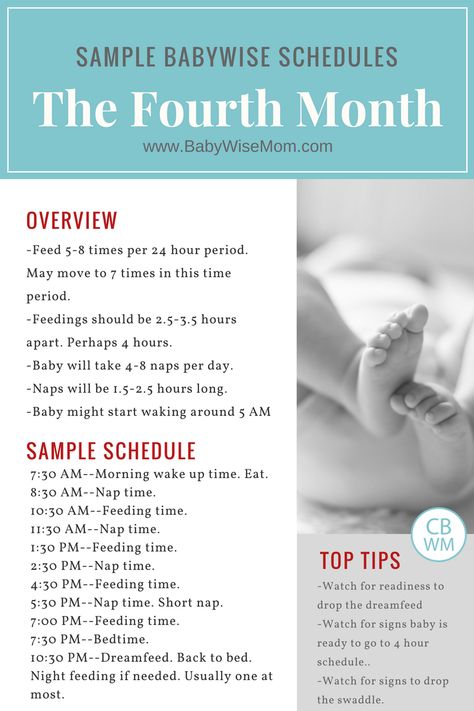 At one month old, your baby is still learning about the world, and while we wouldn’t expect any regressions, I do want you to check out these blogs that can be so helpful in those common struggles the first few months:
At one month old, your baby is still learning about the world, and while we wouldn’t expect any regressions, I do want you to check out these blogs that can be so helpful in those common struggles the first few months:
Day-Night Confusion: When newborns first come home, they can sometimes experience day-night confusion where they want to sleep all day and be up all night. I know that this can be exhausting for new parents, and it doesn’t have to last forever.
Is your newborn feeding every hour and not sleeping?: When your baby is snacking all day, it can make nights tricky. We really want to be responsive to hunger cues and aim for feedings about every 2-3 hours throughout the day to help your baby get good, full feedings instead of snacking.
Active Sleep and Newborns: Newborns can be really active in their sleep. Sometimes we can be unintentionally waking our babies. We see them moving or even making noise and assume that they are awake, while they are actually sleeping.
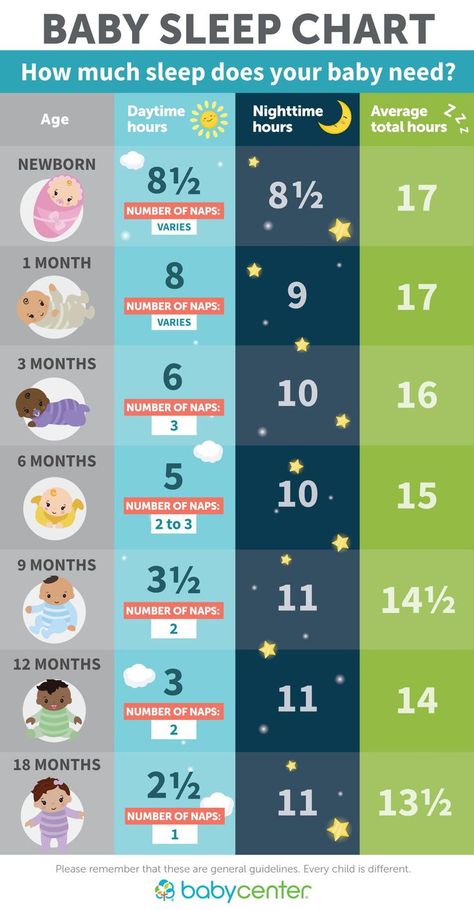
Can my 1 month old sleep with a pacifier?#
Absolutely! The benefits of pacifiers are huge, and they can be such a great tool to help your baby sleep well. My blog on newborns sleeping with pacifiers covers everything you need to know from your concerns about breastfeeding and pacifiers to how to introduce them and even what to do if your baby becomes overly dependent on the pacifier for sleep.
Should I swaddle my 1 month old? #
Swaddling can be so helpful for babies. It mimics that warm, secure feeling that they had in the womb. I've compiled the research that shows that swaddling is safe and beneficial for newborns in this blog on Should I Swaddle My Baby?. It's important to note that it's time to stop swaddling when your baby shows signs of rolling (for most babies, that isn't happening this month).
What should my 1 month old wear for sleep?#
That depends on the temperature of your home and your climate.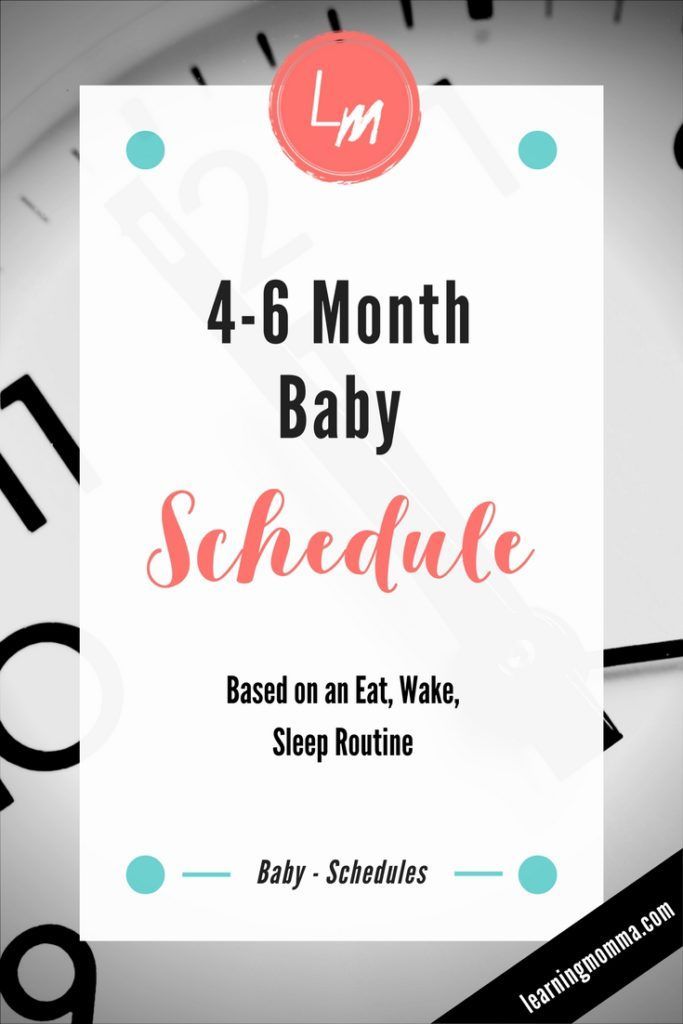 Overheating can be dangerous, and cold babies just don’t sleep well. We want your one month old to be at a comfortable temperature. The layers will depend on the temperature in your house. For some, a diaper and a swaddle is enough; for others, a diaper, onesie, and a swaddle is perfect; and for colder homes, perhaps a diaper, footie pajamas, and then a swaddle is just right. My blog on how to dress your baby for comfortable sleep goes into even more detail for you.
Overheating can be dangerous, and cold babies just don’t sleep well. We want your one month old to be at a comfortable temperature. The layers will depend on the temperature in your house. For some, a diaper and a swaddle is enough; for others, a diaper, onesie, and a swaddle is perfect; and for colder homes, perhaps a diaper, footie pajamas, and then a swaddle is just right. My blog on how to dress your baby for comfortable sleep goes into even more detail for you.
What is a bedtime routine for a 1 month old?#
It’s never too early to start a bedtime routine. Even before your baby can recognize the routine, there is value in the calming impact of a bedtime routine. This sets the tone for everyone going into bedtime and avoids overstimulating your baby. For babies who experience the witching hour, this can be such a great tool. Bedtime routines don’t have to be complicated, so don’t feel like you need to add a lot of steps. A simple bedtime routine at one month old can be as easy as changing a diaper, lotion, pajamas, sing a lullaby, swaddle, lay down in the crib or bassinet.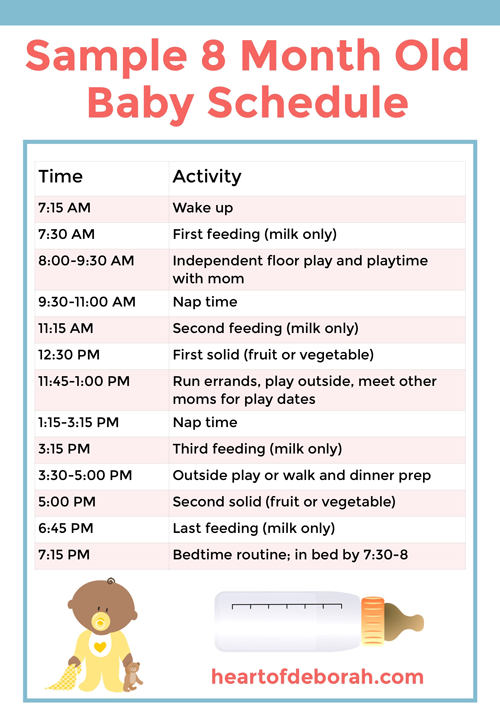
When do babies start sleeping through the night?#
I know that you want to hear a specific age for when babies start sleeping through the night. But, the truth is that it is different for every baby. Once your pediatrician has given you the clearance to no longer wake your baby for night feeds, the longest stretch that we want to see is their age in weeks plus one hour. So, for a 4 week old, we wouldn’t want their longest stretch to go any longer than 5 hours. Now, I want you to work closely with your pediatrician. Some babies DO need to get in those nighttime calories and be awakened much sooner.
Please know, you don’t have to do this alone. My newborn class will provide you with the tools you need to set your days and nights up for success, read your baby’s cues, work towards those longer stretches of night sleep, and love the newborn stage.
How to Get Your Newborn on a Great One Month Old Sleep Schedule
The truth is that a 1 month old does not have a set schedule.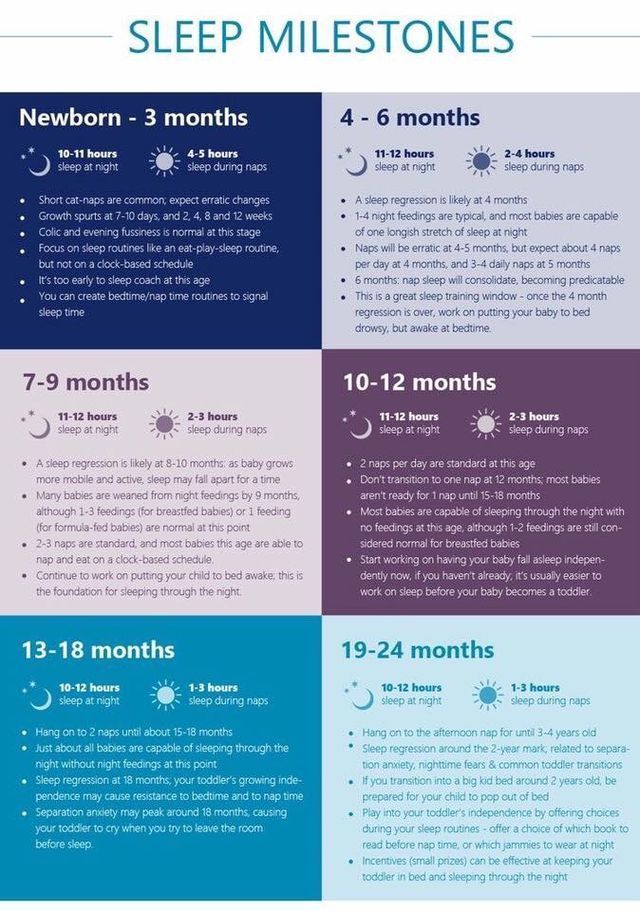 Set-in-stone one month old sleep schedules can set you up to fail because they assume you can control or predict how long your little one naps for, and that is almost impossible to do in this newborn stage. Naps can vary in length day to day. In addition, what do you do if your little one doesn’t nap as long as the schedule says, or naps more? Do you keep them up until the next nap time even though they are tired?
Set-in-stone one month old sleep schedules can set you up to fail because they assume you can control or predict how long your little one naps for, and that is almost impossible to do in this newborn stage. Naps can vary in length day to day. In addition, what do you do if your little one doesn’t nap as long as the schedule says, or naps more? Do you keep them up until the next nap time even though they are tired?
I teach my clients a “flexible schedule” or a “daily flow.” This helps you gather some predictability to your day as you can project ahead to what your baby will need in a few hours. The idea is that every time your baby wakes up, you are projecting out to when the next nap should fall. Every time your baby eats during the day you are projecting out to the next 3 hours to when the next feed needs to be.
3 Things You Need to Know About Your One Month Old Sleep Schedule
1. Feeding and gaining weight is the most important thing
The most important thing at this age is making sure that if you are breast feeding that you are getting your milk supply up and well established.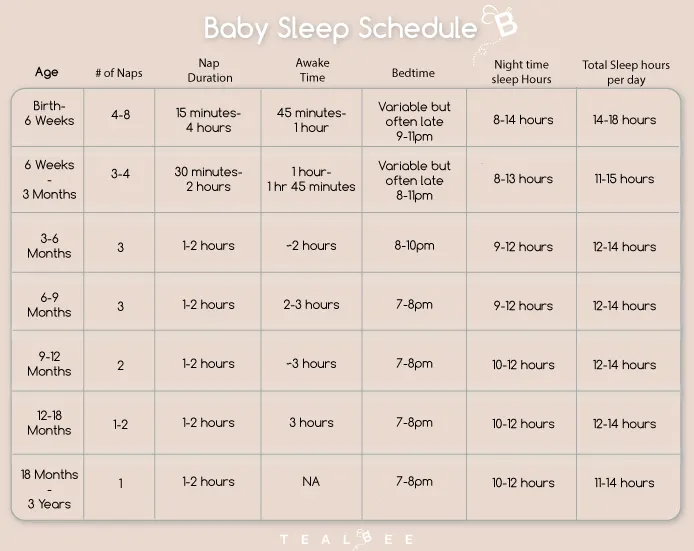
If you are formula feeding that your baby is adapting well to the formula.
For both scenarios you want your baby to be back up to birth weight and maintaining a weight curve. If that’s not happening for you, don’t worry about sleep now and focus your energies on that.
2. It’s your job to decide when sleep needs to happen.
The first couple weeks of life most babies wake up, eat and fall back asleep. But this is only for a few weeks and in general babies don’t just always fall asleep when they are tired.
A baby 0-2 months of age needs to be back asleep from being awake in 45 minutes to 1 hour during the daytime.
If you surpass that time, it can be harder to get your baby to fall asleep, and then stay asleep.
Sleep begets sleep. The more well rested your baby is, the easier it is to fall asleep and then stay asleep.
3. You need to become a sleep detective
Newborns can be fussy and it’s your job to figure out why that is. Possible causes of babies being fussy are:
Possible causes of babies being fussy are:
- Hunger
- Gas
- Being overstimulated
- Being overtired
The Dunstan Baby Language is a great resource for learning what different cries mean and distinguishing the root cause of your baby’s discomfort.
Sample One Month Old Sleep Schedule Example
7:30 am - Wake up and feed #1
8:30 am - Nap 1 - back asleep
10:00 am - Wake up and Feed #2 - 2.5 hours since last feed
- This first nap of the day tends to be the longer nap for many kids until roughly 4 months
11:00 am - Nap 2 - 1 hour
- During nap, woke at 30 minutes, Mom picked up burped and soothed her back to sleep and extended nap to 1 hour
12:00 pm - Awake
1:00 pm - Nap 3 - 45 minutes
1:45 pm - Awake
1:45 pm - Feed #3 - 3hrs 45 min since last feed
2:45 pm - Asleep
4:15 pm - Nap 4 -1.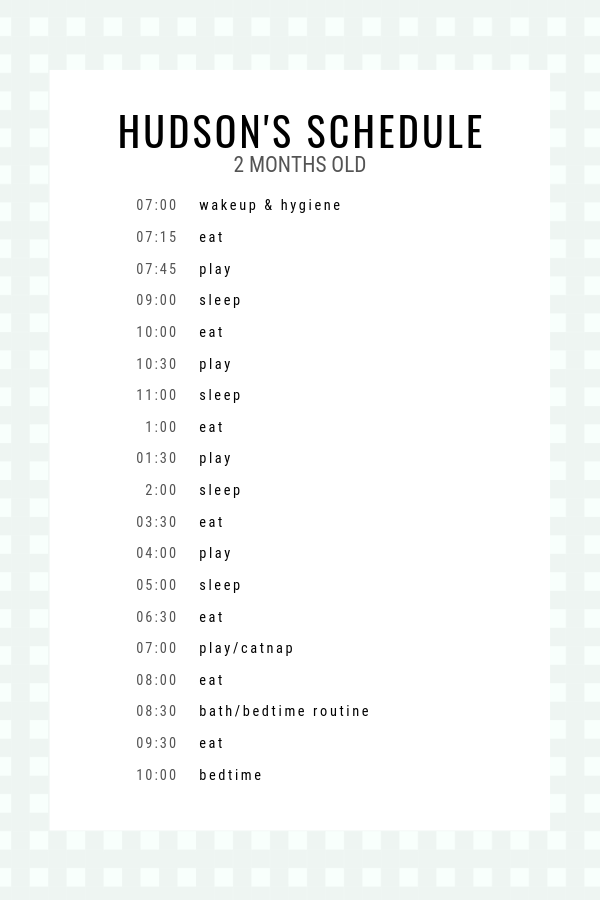 5 hours
5 hours
4:45 pm - Awake and Feed #4 - 2 hours since last feed
5:45 pm - Nap 5
6:56 pm - Awake
Witching period - lots of cluster feeding and possibly some mini naps at the breast/bottle in this time
7:00 pm - Feed #5 - 1:45 since last feed
8:00 pm - Trying to get down for the night, this might take up to 1 hour of cluster feeding, burping, settling, wanting to feed again.
Goal of 9 pm asleep if possible.
9:00 pm - Asleep
10:00 pm - Dreamfeed before Mom goes to sleep
2:20 am - Awake and Feed (4.5 hours)
5:20 am - Awake and Feed (3 hours)
7:30 am - Awake for the day
What’s important in this schedule
- Trying to get your baby back to sleep within 1 hour of being awake during the day
- Intentionally feeding both sides every 3 hours during the day
- Trying to feed on wake up rather than putting down to sleep
- Trying to get naps to be 45 minutes or more
- Witching period of fussy baby from 6-10 pm is real
- Baby is tired and your milk supply is lower so you have competing needs of tired and hungry = fussy
- Trying to get 15 - 18 hours of total sleep in 24 hours
What’s NOT important about this schedule
- The times listed - your baby may wake up at 7 am for the day and change the times of naps - it’s the time intervals between feeds and sleeps that is important
- The exact nap lengths.
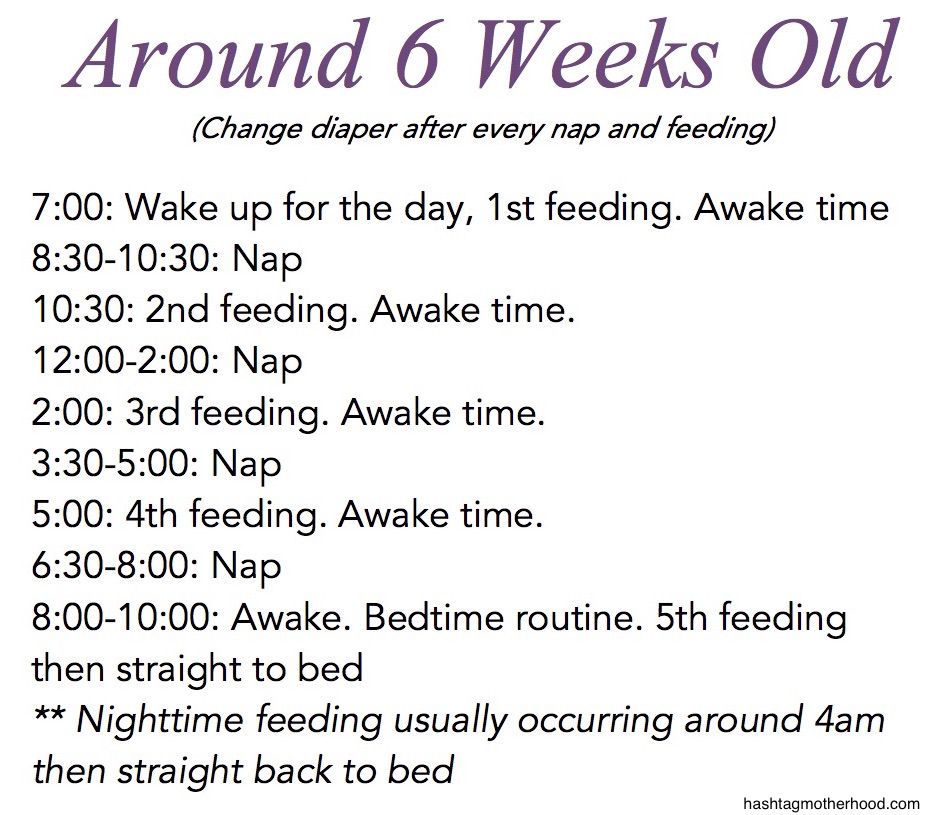 Newborn nap lengths may vary day to day. Maybe she only takes a 45 minute nap at the beginning of the day and wakes happy and content. That’s okay, start your 1 hour awake time from that time.
Newborn nap lengths may vary day to day. Maybe she only takes a 45 minute nap at the beginning of the day and wakes happy and content. That’s okay, start your 1 hour awake time from that time.
Did you know that your baby's most important sleep habits are learned in their first 8 weeks? The habits they form early on affect their sleep as they age, and teaching your newborn healthy sleep habits now can prevent the headache of having to unlearn bad habits down the road. That’s why I’ve created the Helping Newborns Sleep class –– to ensure that moms and newborns can get started building healthy habits, sleep 6-8 hours straight a night and ENJOY the newborn stage. Check out the class for step-by-step guidance for having a happy, health, and well-rested newborn.
newborn sleep and feeding schedule
02/26/2019
11
Your baby is almost 5 weeks old, and do you remember how the first month was filled with new emotions, doubts and discoveries for you and your baby? But now you better understand your monthly baby and strive to organize a comfortable daily routine for your child.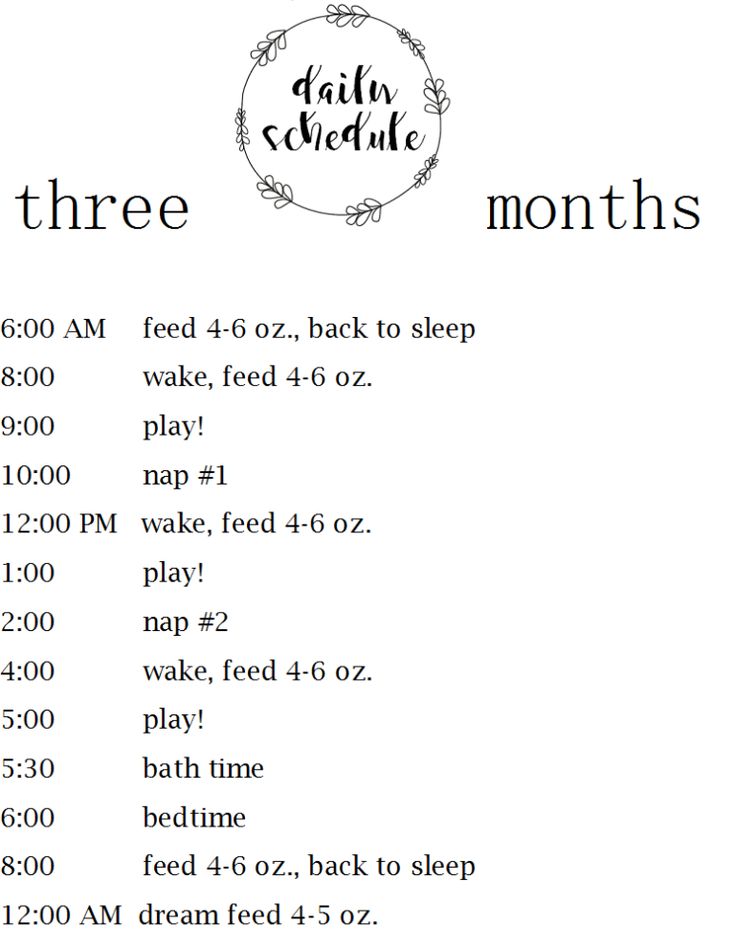 “What is important to consider at this age? How many hours of sleep and wake is enough for a child? How to properly organize the approximate regimen and feeding of a newborn this month? Frequently asked questions by new parents. Let's explore them together!
“What is important to consider at this age? How many hours of sleep and wake is enough for a child? How to properly organize the approximate regimen and feeding of a newborn this month? Frequently asked questions by new parents. Let's explore them together!
Baby's daily routine
1 month
In the first month of life, sleep is extremely important for the development of children, their growth and mood. Therefore, it is necessary to pay special attention to organizing the rest of the crumbs.
The baby sleeps approximately 17-20 hours a day. At the same time, some children of this age sleep more, others less.
Usually night sleep is 7-10 hours with awakenings for feeding, and daytime sleep is about 8-9 hours. With this mode, you will notice that the baby sleeps 4-6 times a day. It is important to remember that a newborn's daytime sleep can be both short (20-40 minutes) and long (up to 3 hours).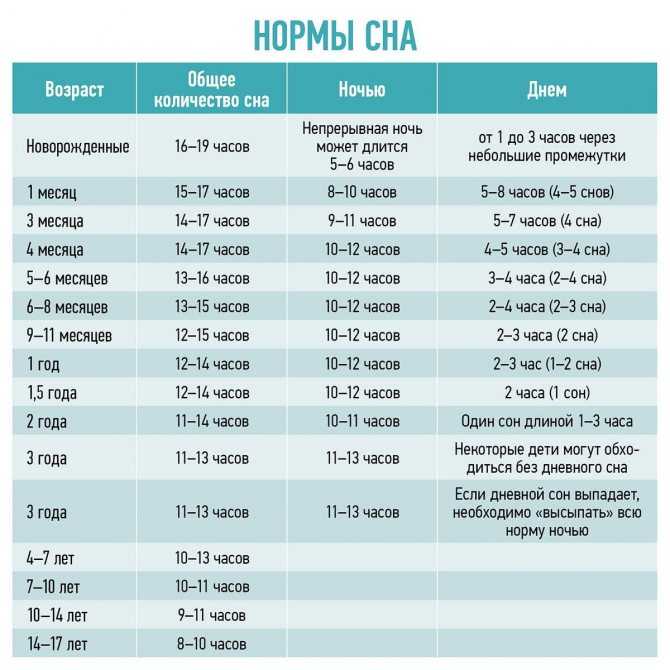
This is due to the fact that the brain of a newborn is not yet physiologically mature, the biological clock is not formed, so the child does not have any clear regimen. It turns out that you will not be able to achieve one schedule daily yet. Also, leaving at night can change and be quite late. You will also notice that the baby during the rest gurgles, moves and does not seem to be actually sleeping. The fact is that now the child sleeps mainly in the fast phase, so now children's sleep is quite restless.
Waking time - is the second important point that should be taken into account when forming the routine of a monthly baby. On average, the baby should be awake for up to 60 minutes. Focus on the time that the child slept in the previous daytime sleep - as much as possible he can hold out in the state of wakefulness. This will also help organize the baby's routine this month.
Avoid overexertion and watch your activity time between naps.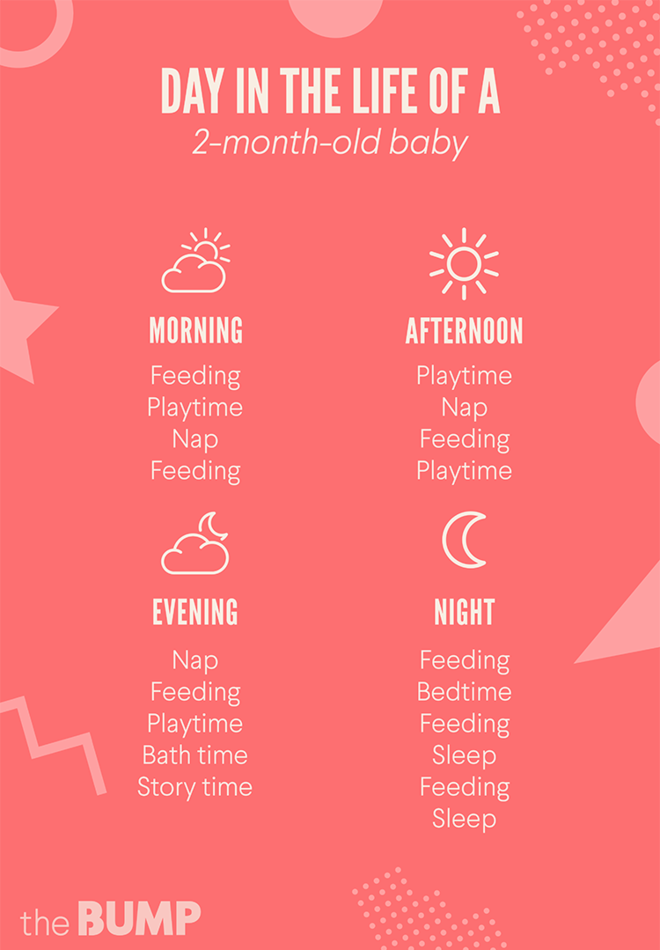 Do not be afraid to soothe a newborn baby by any means.
Do not be afraid to soothe a newborn baby by any means.
What can be done to make the baby sleep better:
- Swaddle your baby so that he calms down faster and does not wake himself up with his arms and legs.
-
Organize sleep in your stroller. Babies tend to sleep longer outdoors. How long it takes to walk depends on the time of year. In summer it is possible up to 2-3 hours in a row, in winter - depending on weather conditions. If it's too cold outside, the best way out is to put the child on the balcony.
-
If the baby has difficulty falling asleep in the evening, dim the lights in advance, turn on white noise.
- Use a sling or chaise longue if the baby is completely capricious.
- Start going to bed as soon as you see the first signs of fatigue in the child - this is exactly the time when he wants to sleep.
- Remember that a change of bed may cause the baby to wake up.
 If you decide to transfer a sleeping baby from your arms to the crib, do it 20 minutes after falling asleep, when the baby is fast asleep.
If you decide to transfer a sleeping baby from your arms to the crib, do it 20 minutes after falling asleep, when the baby is fast asleep. - Bathe your baby before bed. Soon, bathing for him will be a signal to end the day and prepare for bed.
- Give your baby a pacifier if he can't sleep. Just remember that it is better to start using a pacifier when breastfeeding after lactation is established.
- Use a weak night light when feeding at night.
Causes of poor sleep in a 1 month old baby can be:
1. Physical discomfort. In the evening, the baby may begin an attack of colic, which lasts from 2 to 6 hours. Support the baby in every possible way on such days - by 6 weeks relief will come. Also remember that the baby takes over your state. A calm mother is a calm baby. Therefore, try not to forget about your rest too and do not worry if the regime is violated.
2. Confusion of day and night. Due to the not yet formed circadian rhythms, a 1-month-old baby may sleep more during the day than at night.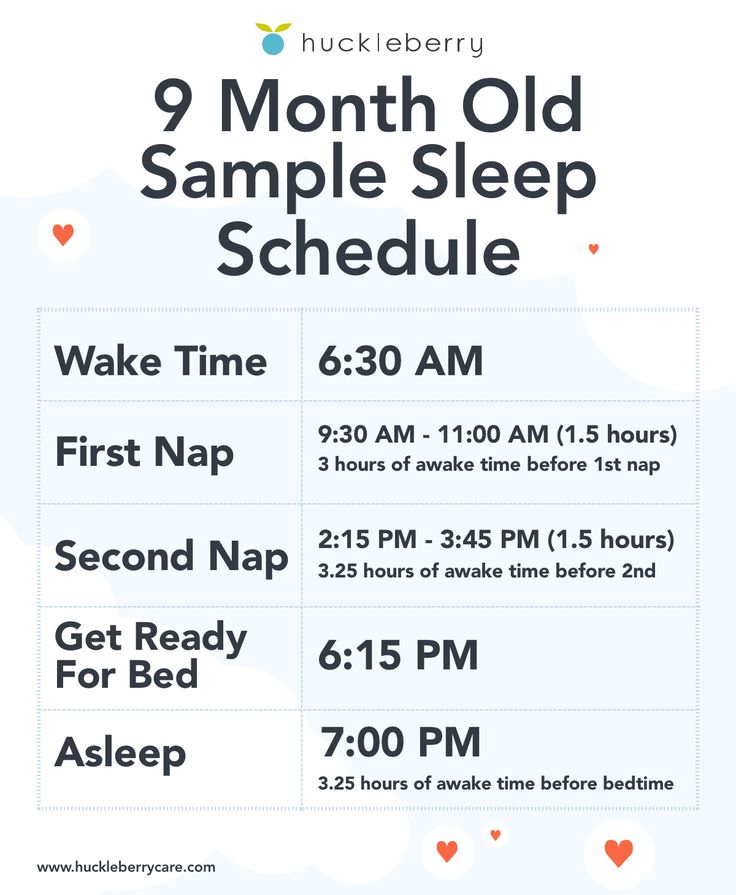 But already by 1.5 months, the baby will begin to sleep at night for up to 3-5 hours in a row. Take your child out to bright light during the day and dim the lights at night. So the baby's body will quickly adjust the internal clock. Try to start the morning early so that the child understands that the day has come. Carrying out hygiene procedures will become for him an association with the morning.
But already by 1.5 months, the baby will begin to sleep at night for up to 3-5 hours in a row. Take your child out to bright light during the day and dim the lights at night. So the baby's body will quickly adjust the internal clock. Try to start the morning early so that the child understands that the day has come. Carrying out hygiene procedures will become for him an association with the morning.
The table shows the sleep norms of a baby in the first month of life:
Baby's feeding schedule
1 month
A newborn baby basically eats every 2-3 hours, regardless of the time of day. Therefore, do not worry if the child often wakes up at night now.
IV babies eat less often because formula takes longer to digest than breast milk.
Modern pediatricians advise in the first weeks of a child's life on breastfeeding to organize meals on demand in order to establish lactation.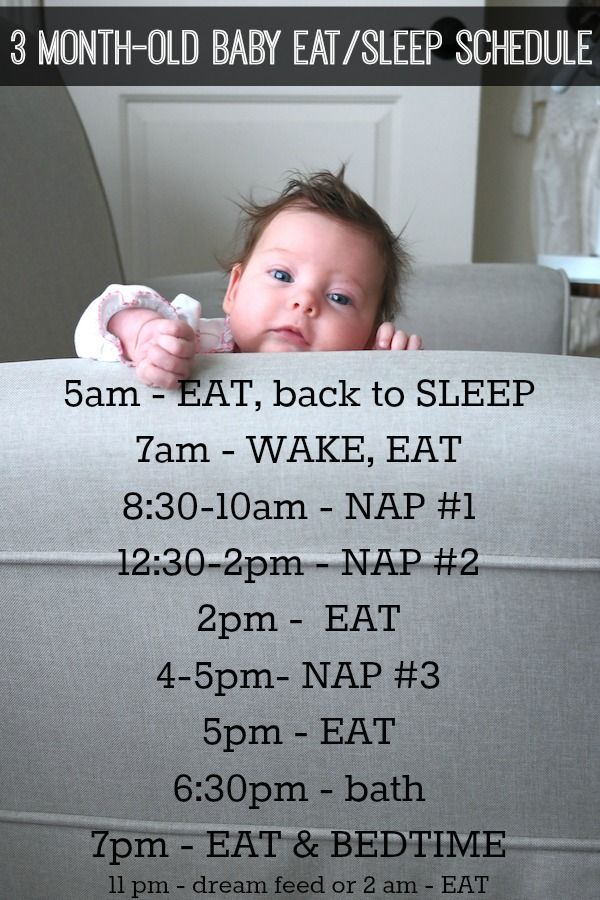 Night feeding also occurs on demand.
Night feeding also occurs on demand.
Gradually, you will learn to understand when the baby is hungry and asks for breasts. Also during this period, breasts are a way for children to satisfy the sucking reflex, calm down and relax.
When breastfeeding, the baby does not need water or other fluids for the first 6 months.
After the first month, the intervals between feedings will gradually increase. This will allow you to establish a more flexible mode when breastfeeding.
After a month, the break between feedings will increase, and you can move on to establishing a flexible regimen.
Apparently, it is very difficult to organize a clear daily routine for a newborn baby and live according to a schedule. But there are approximate norms of sleep and wakefulness, which allow you to create an approximate regimen during the day.
Tell us, did you manage to set the regimen for your baby at 1 month?
Like this article? Rate:
Votes: 194
How much should a baby sleep at 1 month
The sleep of a newborn baby causes concern and anxiety in young parents. The baby can sleep all day and stay awake at night. Or not sleep at all “neither day nor night” - wake up at short intervals, demand a breast. Chaos, the absence of any predictability and regimen is the norm for a baby in the first month of life.
In this article we will tell:
- about the features of sleep and wakefulness of a newborn baby (child's day regimen at 1 month old)
- about how to navigate the sleep-wake cycles
- what is the optimal daily routine for a newborn
- about what affects the quality of baby's sleep
- is there a relationship between the state and mood of the mother and sleep baby
Newborn sleep features
Newborn babies sleep a lot, but chaotically! This is due to the physiological immaturity of the brain.
In the daily routine of a one-month-old baby, the total number of hours of sleep during the day is about 8-9hours and about the same at night. In total, the baby sleeps 16 - 18 hours a day. The sleep of babies is very superficial, since 50% of sleep is the active phase, and the synthesis of their own “sleep hormone” melatonin will improve only by the 3rd month of life. For the same reason, children in the first month of life do not distinguish day from night. There is no clear daily routine for babies from birth to 3 months.
It's too early to talk about a clock schedule, early bedtime, a certain time for waking up and eating.
What we used to call the daily routine in older children, in newborns, it is rather the rhythm of sleep and wakefulness - a change in food and dream cycles. In a newborn, this cycle is 2-3 hours.
Wake time of the baby
From birth, the baby can be awake for 20-40 minutes. By the end of the first month, the time of wakefulness increases and can be up to 60-90 minutes.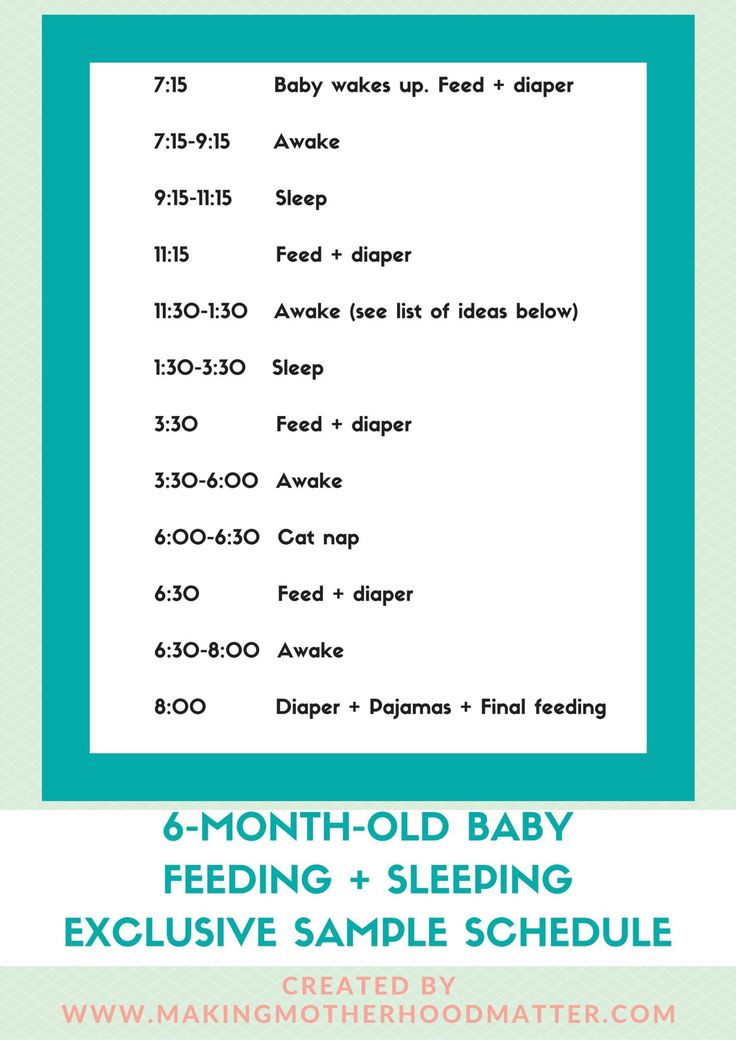
It is very important not to overwork the child and watch for signs of fatigue. And remember that the time of wakefulness of the child in the first month includes active and calm wakefulness, preparation for sleep, ritual and falling asleep.
Staying awake is very important during this period! Try to avoid visiting noisy and crowded places with your newborn baby. The protective reaction of the nervous system of newborns is the "shutdown" at the time of excessive external stimulation of the nervous system. Babies turn off in noisy places. Outwardly, it looks like the child has fallen asleep. And parents most often perceive these situations as "nothing special is happening, the child is just sleeping." But such a dream is not healthy. The child's nervous system simply cannot withstand the load - light, noise, a lot of people around and "turns off", and the child does not rest properly.
Baby's diet
Newborns eat only breast milk (for breastfeeding babies) or formula (for IV babies).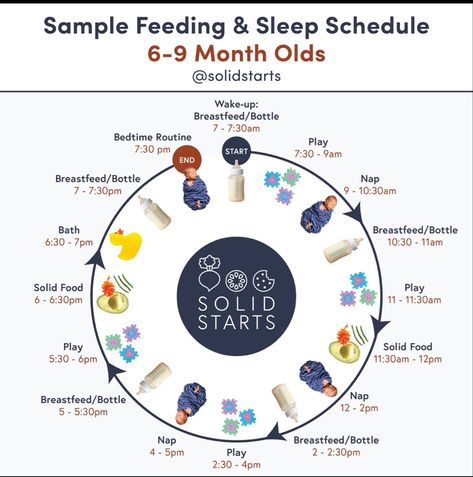
- The baby's daily feeding regimen is feeding once every 1.5-2 hours, if we are talking about breastfeeding
- At night, the baby can wake up about 3 times a night to eat. The stomach is still too small and the baby cannot eat enough to sleep through the night without waking up.
3 feedings per night is enough for the baby to get nutrition. In practice, babies wake up much more often. This happens because, in addition to milk as the basis of nutrition, the baby also needs a mother - her warmth, hugs, smell, voice.
To be without a mother for a long time, the baby still cannot fall asleep without her - the nervous system is still very immature and the baby needs mother's help and her presence.
VIDEO LESSON
Baby sleep from 0 to 3 months
More
What will help your baby sleep better in the first month?
The baby still cannot calm down on his own, and the task of the parents is to help him with this. The most soothing means for a baby at 1 month old are sensations reminiscent of the mother's womb: blackout, "white noise", slight motion sickness and squeezing, the proximity and smell of mother's mother - breasts, hands, voice
The most soothing means for a baby at 1 month old are sensations reminiscent of the mother's womb: blackout, "white noise", slight motion sickness and squeezing, the proximity and smell of mother's mother - breasts, hands, voice
- Close curtains. The baby does not yet have its own melatonin, but dark curtains allow not to irritate the nervous system with bright light. And also to build the association “we sleep in the dark - we are awake in the light”
- Use white noise. Heartbeat, wind or wave noise, mother's voice recording (singing or hissing) can be used if the mother cannot always be present during the child's falling asleep and dreams.
- Gently rocking your baby to help him relax and fall asleep. Just do not overdo it, too intense motion sickness is dangerous and can damage the baby's brain.
- Swaddling, when done safely - helps reduce involuntary jerks and improve sleep.
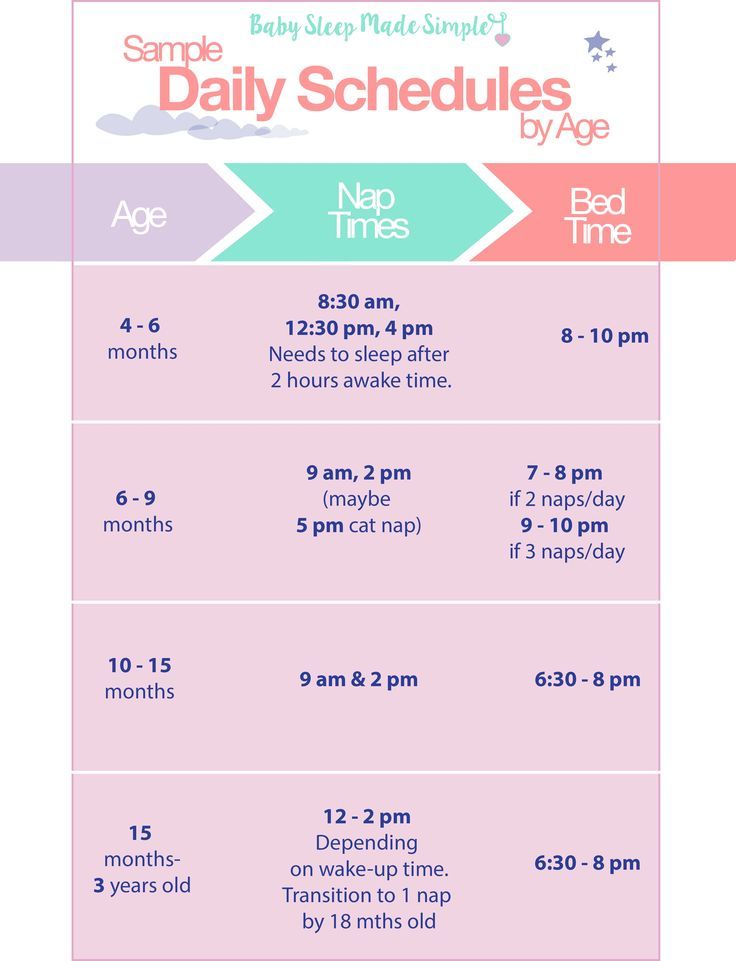
Mom's presence is the most important and most soothing association. The first 3 months of life can be considered the "fourth trimester" - full-term. Therefore, mother, her closeness is what the baby really needs both during wakefulness and during dreams.
In addition to soothing sleep conditions, it is very important to keep your wake time and avoid overindulgence. The biggest enemy for a baby's sleep at 1 month old is overwork. The baby, having “overdone” his waking time, can overwork, and the cortisol released into the blood will prevent calming and falling asleep, it will be difficult to put the baby to bed, and the subsequent sleep will be superficial and disturbing.
Use 1-month-old baby wake rates as a guide. But depending on the condition of the baby, time of day, weather conditions, the time of wakefulness may vary. It is very important for parents to be flexible, to take into account the signs of fatigue of the baby when putting him to bed.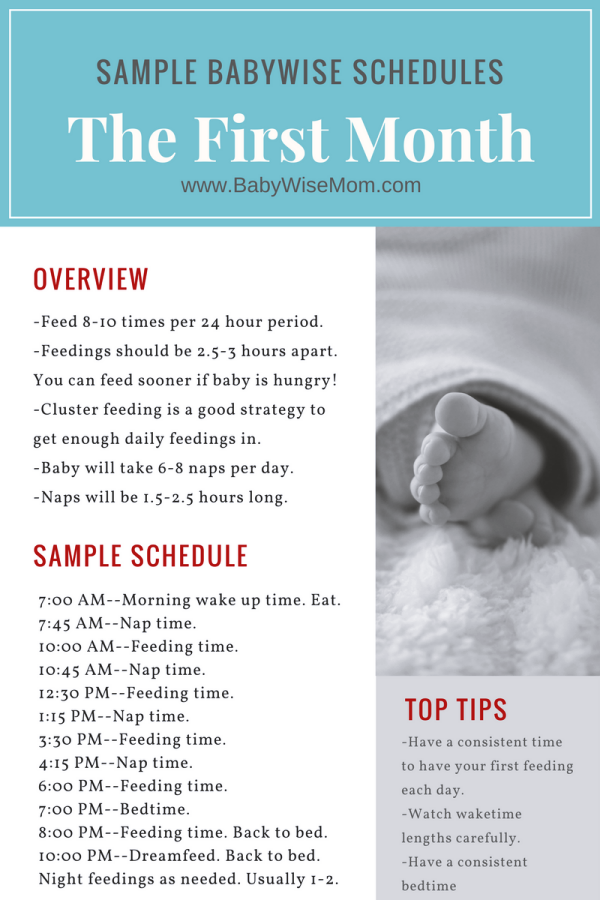
The mother's condition and mood greatly affect the baby
Mother and baby are in a very close relationship, this is especially pronounced in the first months of the baby's life.
Mom is sensitive to her baby:
Mom's milk is able to adapt to the needs of the baby, changing its composition.
- Mom's sleep also changes, becomes seismic - so mom is always "on the alert", she can watch her child even in a dream.
The baby, in turn, is exactly the same attuned to the mother:
- Any changes in the state of the mother, physical or emotional, affect the baby.
- When a mother is stressed, her cortisol is transferred to the baby. Cortisol is the main antagonist of melatonin and will interfere with calm. While the mother’s calm state, soothing, “endorphin” voice will lull the baby to sleep.
It is very important for a mother to take care of herself, to involve loved ones, if possible.